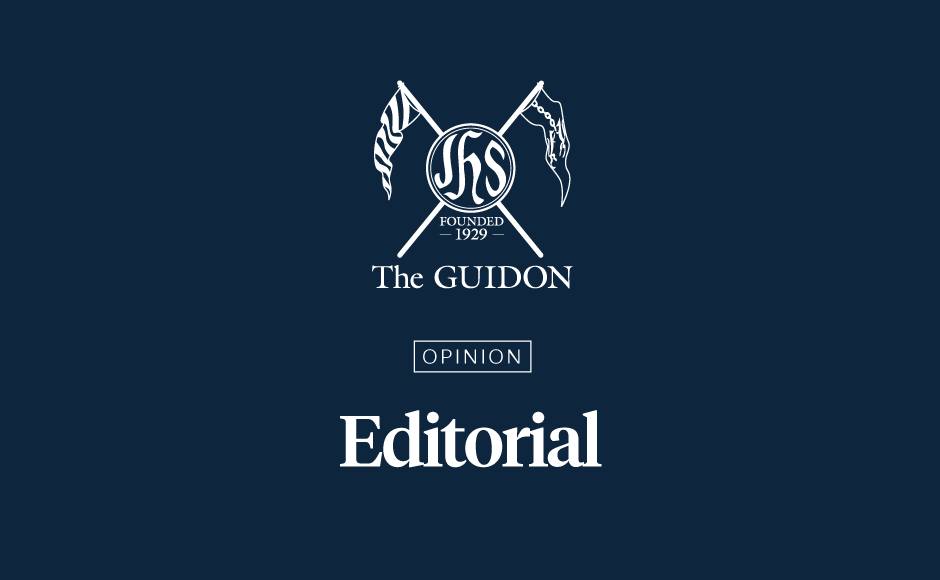Among the casualties of President Rodrigo Duterte’s blitzkrieg of change seems to be the Philippines’ supposedly “iron-clad” alliance with its former colonial master, the United States (US).
While many tend to take his statements with a grain of salt, the finality with which he brushed off American presence in the Philippines raised several flags. The very idea that the president even harbors antagonistic thoughts against the US is shocking for many Filipinos, considering that we are the most pro-American people in the world (yes, even more than Americans themselves, a 2015 poll revealed).
Irritated by the Americans’ rebuke of his bloody war on drugs, the president has turned the tables on them, accusing them of human rights violations against Filipinos during their brutal pacification campaign in the early years of US colonial rule, and even their own citizens— African-Americans brutalized by their own police. He insists that the Philippines is better off without them and that severing ties is a form of “liberation” for the nation.
It is good that the president’s pronouncements—how brash they may be—have led Filipinos to take a much-needed second look at America’s legacy. Many argue that the US has overstayed its welcome here.
Indeed, one can argue that the US has assisted us in bolstering our defense capabilities. Close cooperation with them has led to a strengthening of our armed forces— but at what cost? American servicemen have gotten away with rape and murder, while women like Jennifer Laude and “Nicole” of the Subic case are only a fraction of the injustices committed by these soldiers.
Calling into mind these abuses, the president has called for an end to joint drills with the US military, signaling what he says is the beginning of an “independent foreign policy.” Yet at the same time, he has also cited China’s apprehensions. “China does not want [it],” he says bluntly.
If the President’s definition of an independent foreign policy is to placate the People’s Republic of China, can we really call it independent?
Aligning with China – and even Russia, traditional rivals of the US, represents a huge break in our historical geopolitical position. We are contemplating association with callous, autocratic regimes with a record of abuse of power. If we are to pursue this track, then we must do so with extreme caution.
Certainly, a shift of this magnitude does not exist within a vacuum. The Philippines will have to revisit its relations with American allies such as Japan, South Korea, and the European Union. A sudden break with our current foreign policy bears the risk of upending the current global order.
If little else, the President is correct in saying that we must chart our own independent course as a sovereign nation, but we believe this desire must be balanced by the consequences of geopolitical reality.
It has always been the Editorial Board’s earnest belief that the interests of the Filipino must remain paramount in its relations between nations. As such, we urge the President to discern which policies provide maximal benefit to the welfare of our country. At the end of the day, it is the Filipino who will ultimately decide his destiny.







